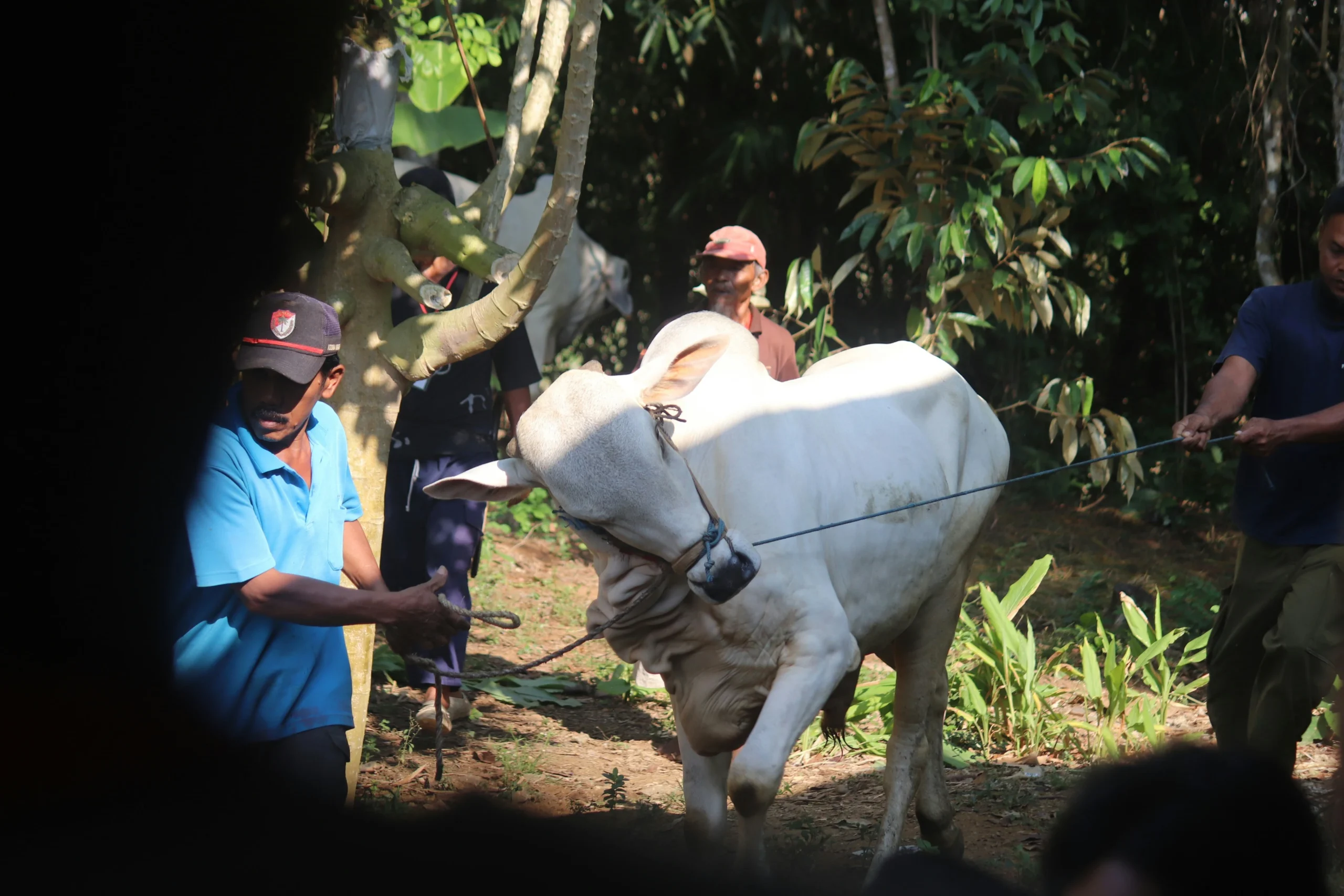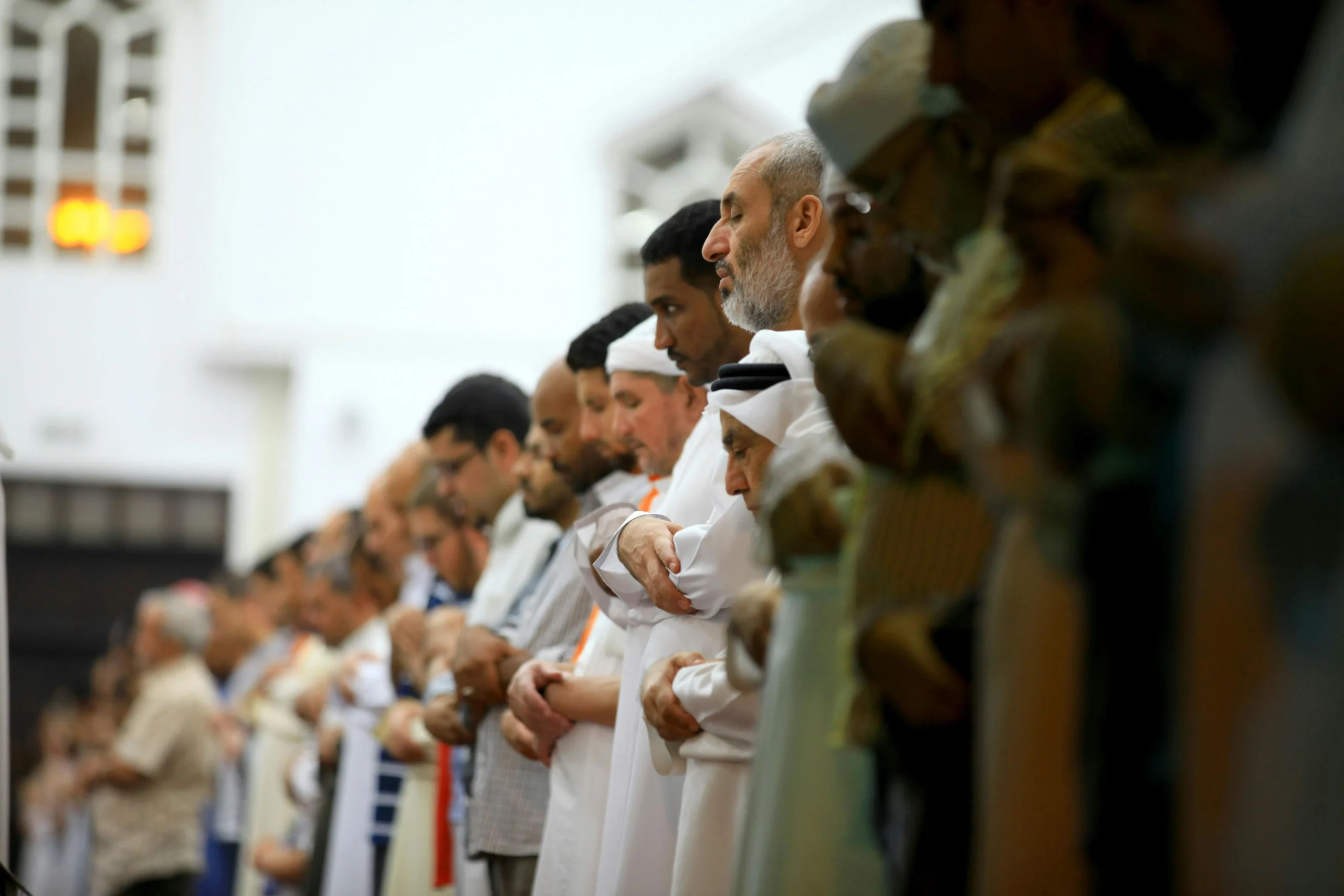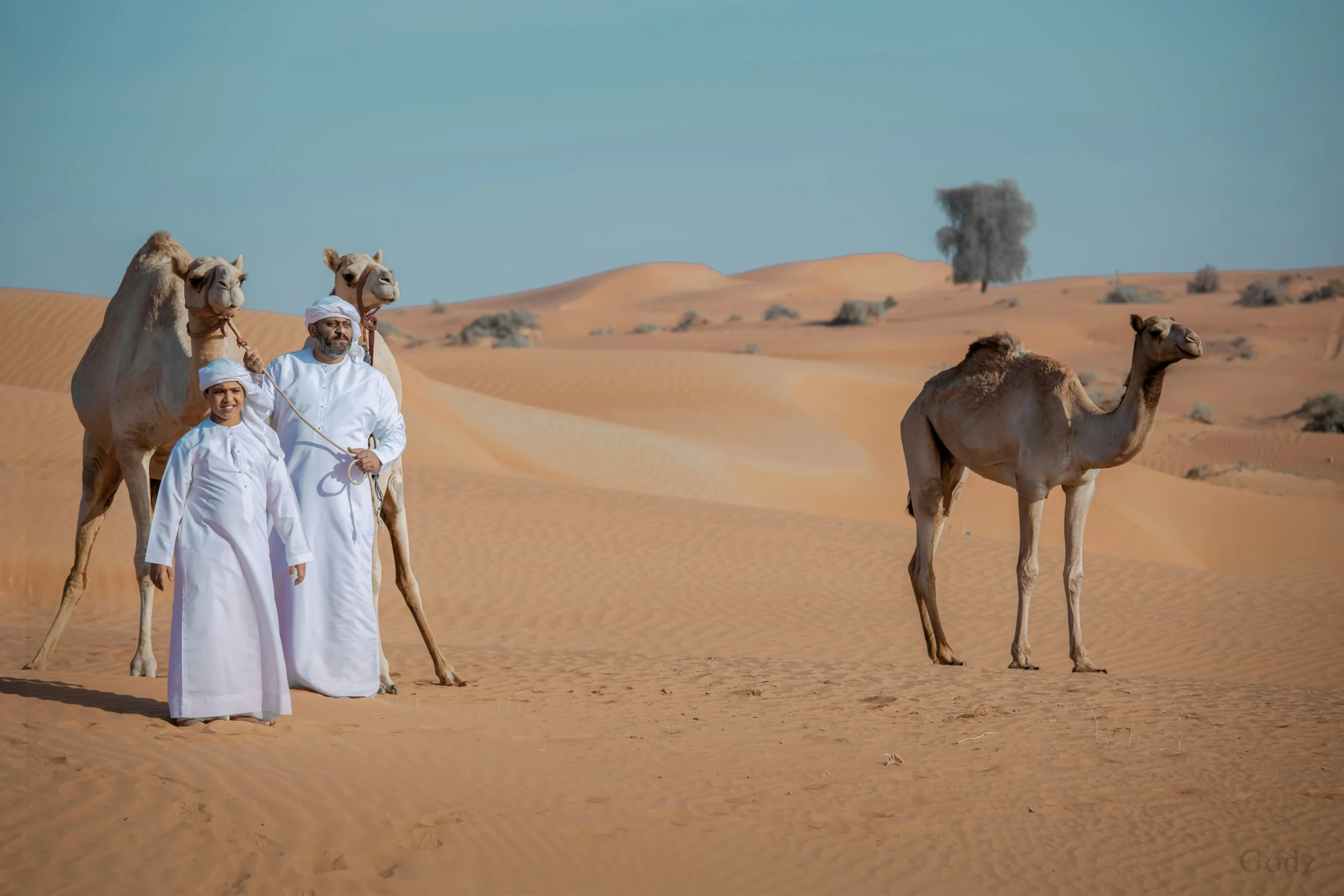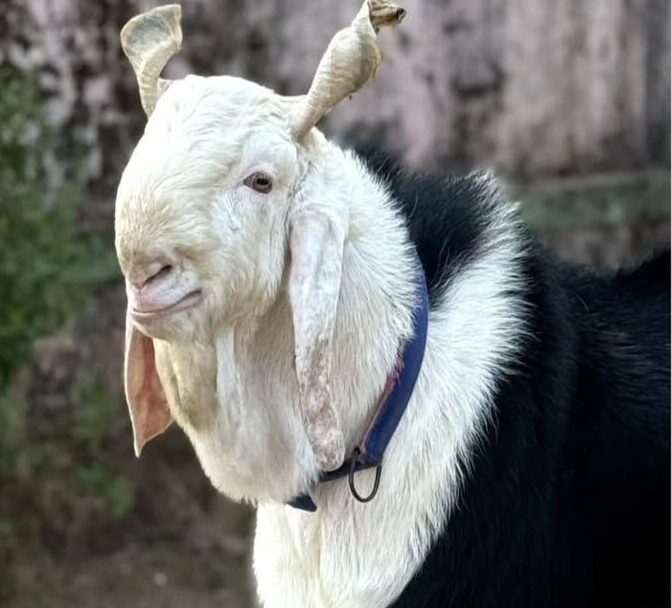When is Bakra Eid 2026? Official Eid al-Adha Countdown to May 30, 2026.



A feast of family, faith, and charity
Day(s)
:
Hour(s)
:
Minute(s)
:
Second(s)
When is Eid al-Adha 2026?
Eid al-Adha 2026 will fall on Wednesday, May 27th, marking day number 147 of the 2026 calendar year. As per the Islamic lunar calendar, the date moves every year due to the difference between the Gregorian solar and Islamic lunar systems. The exact day of celebration may vary slightly depending on the legitimate moon sighting, which is essential for finalizing the dates of all Islamic festivals. Astronomical calculations may predict the date, but the actual sighting with the naked eye remains a widely respected tradition in many regions.
Is eid al adha a public holiday in pakistan?
Yes, Eid al-Adha is a public holiday in Pakistan.It is officially recognized by the government, and all public and private offices, banks, schools, and businesses remain closed for three days, though sometimes the holiday is extended.
What is Eid al-Adha?
Eid al-Adha, also known as the Feast of Sacrifice, is one of the most important Islamic festivals celebrated by Muslims around the world. It marks a significant event in Islamic history, directly linked to the unwavering faith and obedience of Prophet Ibrahim (AS). This sacred day falls on the 10th day of Dhu-al-Hijjah, the twelfth and final month of the Islamic Lunar Calendar, right after the completion of Hajj, the annual pilgrimage to Makkah — a central obligation of the Five Pillars of Islam.

The Sacrifice of Prophet Ibrahim (AS)
The Replacement of Ismail with a Ram
As he was about to carry out the sacrifice, Allah intervened and sent a ram to be slaughtered in place of Ismail. This act of submission became the historic event we now commemorate each year as Eid al-Adha, also referred to as the Greater Eid.The two journeyed to Mount Arafat, and just as Ibrahim was about to perform the sacrifice, Allah SWT intervened and provided a ram to be sacrificed instead. This story is honored in theQur’an.Surah As-Saffat (37:104-105)
“We called out to him: ‘O Ibrahim! You have indeed fulfilled the vision.’ Thus indeed do We reward the good-doers.”
Allah’s Response and the Legacy of Eid al-Adha
The festival of sacrifice serves as a powerful reminder of the values of faith, devotion, and selflessness. It is a time when Muslims across different countries come together to celebrate this spiritual legacy. One of the central rituals performed is the Qurbani, in which a sheep, lamb, goat, cow, bull, or camel is slaughtered according to halal and Islamic guidelines. Animals are carefully selected based on health, age, and must meet strict criteria. A camel or cow can be divided into seven shares, allowing several families to participate.
Distribution of Qurbani
The Qurbani meat is then distributed in three equal portions — one for the family, one for friends and relatives, and one for those in need — reflecting the spirit of giving and sharing. On Eid morning, Muslims gather in mosques or open grounds for the special Eid Salaah (prayer), performed in congregation, followed by acts of remembrance and community gatherings.
It’s also a time when people wear new or best attire, exchange gifts, and enjoy quality moments with loved ones. In many places, including the United States, Eid al-Adha is recognized as a public holiday, and schools and businesses may be closed to allow the general population to take a day off and join the celebrations.Eid ul Adha is more than just a religious observance; it’s a day that unites Muslims, renews faith, and celebrates the timeless lessons of sacrifice, humility, and gratitude.
Eid al-Adha (2025–2030)
| Year | Date (Gregorian) | Day |
|---|---|---|
| 2025 | June 6, 2025 | Friday |
| 2026 | May 26, 2026 | Tuesday |
| 2027 | May 16, 2027 | Sunday |
| 2028 | May 4, 2028 | Thursday |
| 2029 | April 23, 2029 | Monday |
| 2030 | April 13, 2030 | Saturday |
* Eid al-Adha, also known as the Festival of Sacrifice, commemorates the devotion of Prophet Ibrahim (AS) and is marked by prayers, sacrifice (Qurbani), and sharing food with family and the needy.
FAQs
When is Eid al‑Adha in 2026‑2030?
People commonly search for specific Gregorian dates for each year. For instance, Eid al‑Adha is estimated to fall on
- May 27, 2026
- May 16, 2027
- May 4, 2028,
- April 24, 2029
- April 14, 2030
Why do the Gregorian dates of Eid al‑Adha change every year?
Because Eid follows the Islamic lunar calendar, the dates shift about 11 days earlier each solar year, leading to variation across Gregorian calendars
What is the Islamic significance of Eid al‑Adha?
The festival commemorates Prophet Ibrahim’s unwavering faith and willingness to sacrifice his son, with Allah providing a ram instead—a legacy of submission and mercy
How is the Day of Arafah related to Eid al‑Adha?
The Day of Arafah falls on the 9th of Dhu al‑Hijjah and is observed just before Eid. Many Muslims fast on this day in anticipation of Eid, especially those not performing Hajj
How is the start date of Eid determined each year?
It’s based on sighting the new moon, and practices vary: some countries follow localized sightings, while others accept global sightings
Can a camel or cow be shared among multiple people for Qurbani?
Yes—one cow or camel can be shared by up to seven individuals, while a sheep or goat is meant for a single person
How many days is Eid al‑Adha celebrated?
Eid al‑Adha typically lasts 4 days, starting on the 10th of Dhu al‑Hijjah and including subsequent days known as Tashreeq days
Is Eid al‑Adha a public holiday?
In many Muslim-majority countries—such as Pakistan and UAE—it is observed as a public holiday, with schools and businesses often closed for the durationWhy do Eid dates sometimes differ between countries?
Due to differences in moon sighting policies and commencement of Dhu al‑Hijjah in various regions, the observed date can differ by a day or more
